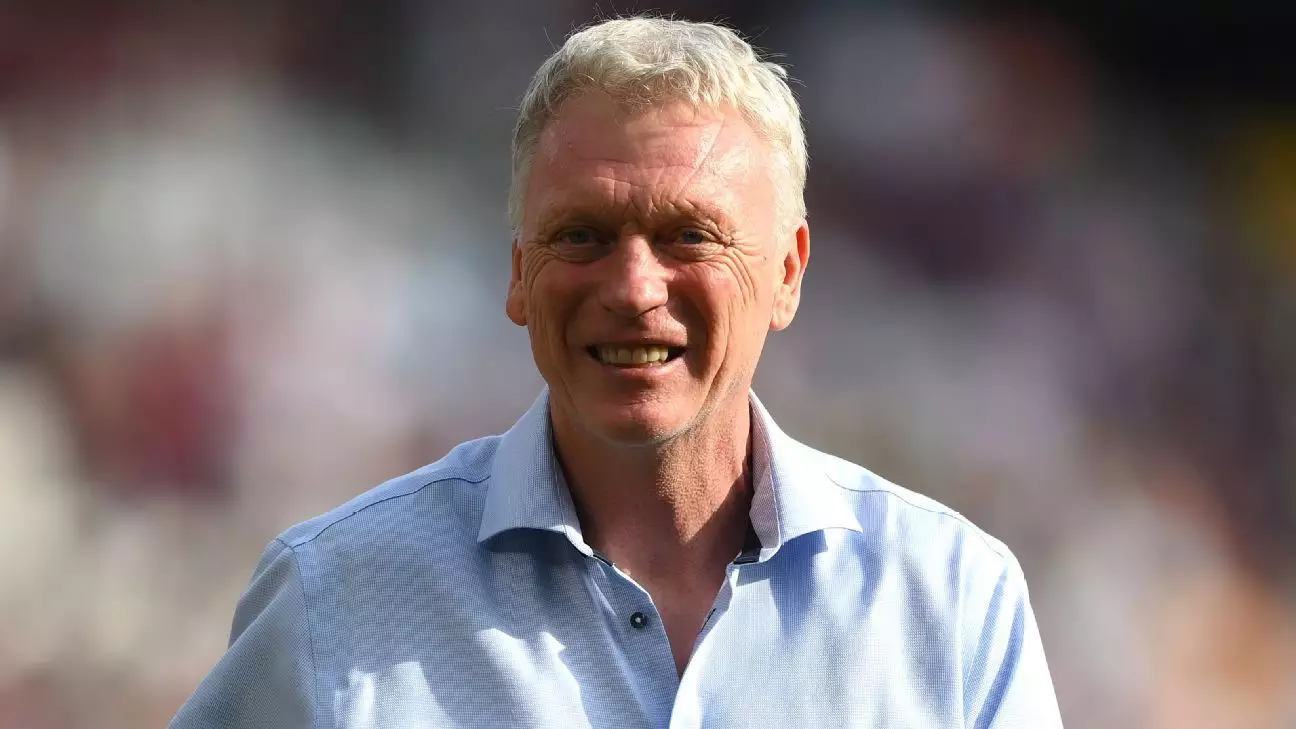In a surprising yet nostalgic development, David Moyes has made his much-anticipated return to Everton, succeeding Sean Dyche as the club’s manager after an absence of 12 years. Given his storied past with the Toffees, Moyes’s appointment is steeped in both emotion and expectation. He previously enjoyed an 11-year stint at the club, allowing him to develop a deep connection with the fans and the team. His departure to Manchester United in 2013 marked the end of an era, and many supporters see his return as a potential turning point for a club that has struggled in recent times.
Moyes’s journey has been marked by ups and downs: after his time at Everton, he took on formidable challenges at Real Sociedad, Sunderland, and West Ham United, each experience adding to his managerial acumen. This multi-faceted career will undoubtedly inform his strategies as he aims to revitalize Everton, who currently find themselves precariously placed at 16th in the Premier League—only one point clear of the relegation zone.
Building on Legacy and Facing Challenges
In an official statement, Moyes expressed his excitement about rejoining the club, reflecting fondly on his previous tenure. “It’s great to be back!” he said, underlining the passionate environment at Goodison Park—an atmosphere that he hopes will galvanize both players and fans alike. The task ahead is monumental; Moyes must instill not only confidence in the squad but also a renewed sense of pride in wearing the Everton jersey.
With new ownership under the Friedkin Group, Moyes’s return aligns with the club’s desire to solidify its position in the Premier League, especially in what is expected to be the last season at Goodison Park before transitioning to a new stadium. Executive chairman Marc Watts praised Moyes’s extensive experience as a pivotal asset, recognizing the need for firm leadership during this crucial period in the club’s history.
The Road Ahead: A Test of Resilience
Everton’s immediate future includes a crucial fixture against Aston Villa, which serves as an early litmus test for Moyes’s strategy and approach. The fans will be looking for signs of improvement and a more attacking style of play, characteristics that defined Moyes’s previous era. However, he faces a daunting challenge in reigniting a team that has demonstrated inconsistency and fragility in recent performances.
The pressure is undoubted, but so are the opportunities for Moyes to cement his legacy further with the club. If he is able to inspire the players and channel the unwavering support of the Everton faithful, he may well shape a new narrative for the club, one that embraces ambition while staying true to its historic roots. As the footballing landscape shifts and clubs seek sustainability amidst financial pressures, Moyes’s task extends beyond mere survival; it’s about creating a culture of success that resonates with the very essence of what it means to be an Evertonian. The road ahead may be rocky, but the return of David Moyes brings with it a glimmer of hope and a reminder of the club’s proud heritage.
